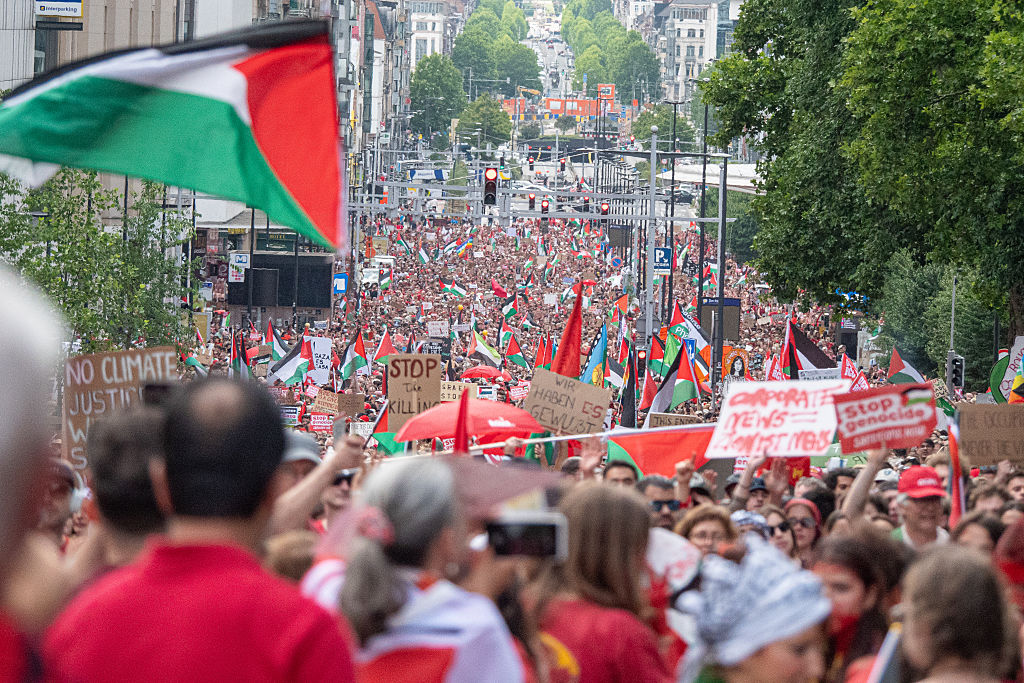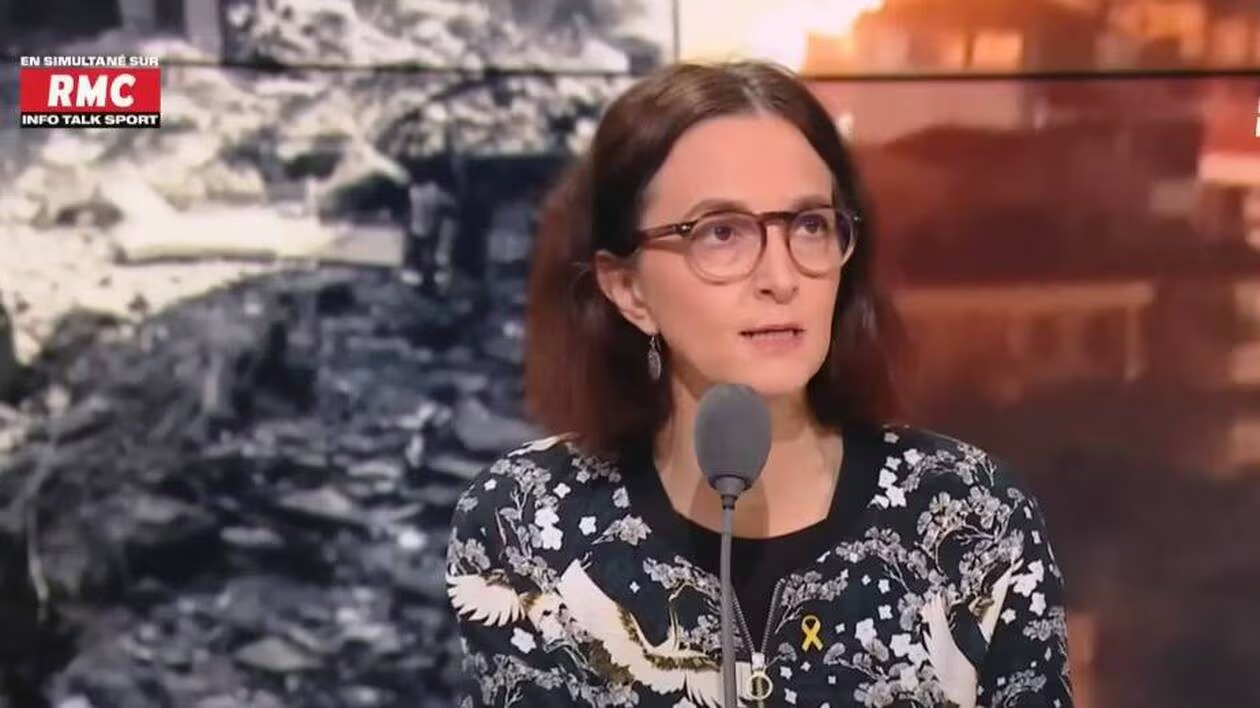Council of Europe Commissioner on Human Rights Michael O’Flaherty has expressed concern about limits on free speech and peaceful assembly in Germany.
In a letter to Germany’s interior minister Nancy Faeser, made public on June 19, he also noted restrictions on certain events, symbols and other forms of expression. He reminded Faeser that member states had very limited grounds to restrict political speech or public debate.
O’Flaherty criticised “the excessive use of force by police against protesters, including minors, sometimes leading to injuries” in the context of demonstrations related to the conflict in Gaza.
“The use of force by law enforcement officials, including during protests, must comply with the principles of non-discrimination, legality, necessity and proportionality, and precaution,” he stated.
“Incidents of excessive use of force need to be effectively investigated, those responsible should be sanctioned in an appropriate manner, and victims should be informed about possible remedies.”
O’Flaherty also claimed that Germany had attempted to deport foreign nationals over their participation in protests and other forms of expression regarding the conflict in Gaza.
In his letter, he referred to what he termed was repression seen during the Nakba celebrations in Germany in recent years.
The Nakba refers to the violent expulsion by Jewish paramilitaries and, following the creation of the State of Israel, by the Israeli military, of approximately 750,000 Palestinian Arabs from their lands in 1948 in what was then called Mandatory Palestine.

Germany, a longstanding ally of Israel, was among the member states that continued to refuse recognition of a Palestinian State.
On June 5, the German foreign minister Johann Wadephul stated that recognising a Palestinian State now would send “the wrong signal” amid moves by other European countries including Spain, France, Ireland and others in that direction.
Yanis Varoufakis, the hard-left former Greek Finance Minister, will no longer be allowed into Germany after he attended a controversial “Palestine Congress” in the German capital. @yanisvaroufakis https://t.co/zG5e6dkB7G
— Brussels Signal (@brusselssignal) April 16, 2024
He also claimed that curtailment of free speech in Germany went well beyond the suppression of protests.
“Restrictions on freedom of expression have also reportedly been identified in such contexts as universities, arts and culture institutions, and schools,” he said.
Many cases of restricted online free speech were documented in 2024, with individuals being charged by German authorities for posting critical comments about then-vice chancellor Robert Habeck..
A man in Saxony-Anhalt was fined €600 for a post on X, where he called Habeck “a lying piece of ?.” The court ruled it was a public insult under Section 188 of the German Criminal Code, meant to protect individuals in public office from slander and defamation.
In Bavaria, another man had his home raided by police after sharing a meme calling Habeck a “professional moron”. The raid was ordered by a local court, citing potential defamation.
A man has been fined €6,000 for insulting politicians from the German Greens over their handling of the COVID pandemic.https://t.co/aU61LUmjnA
— Brussels Signal (@brusselssignal) June 19, 2024





